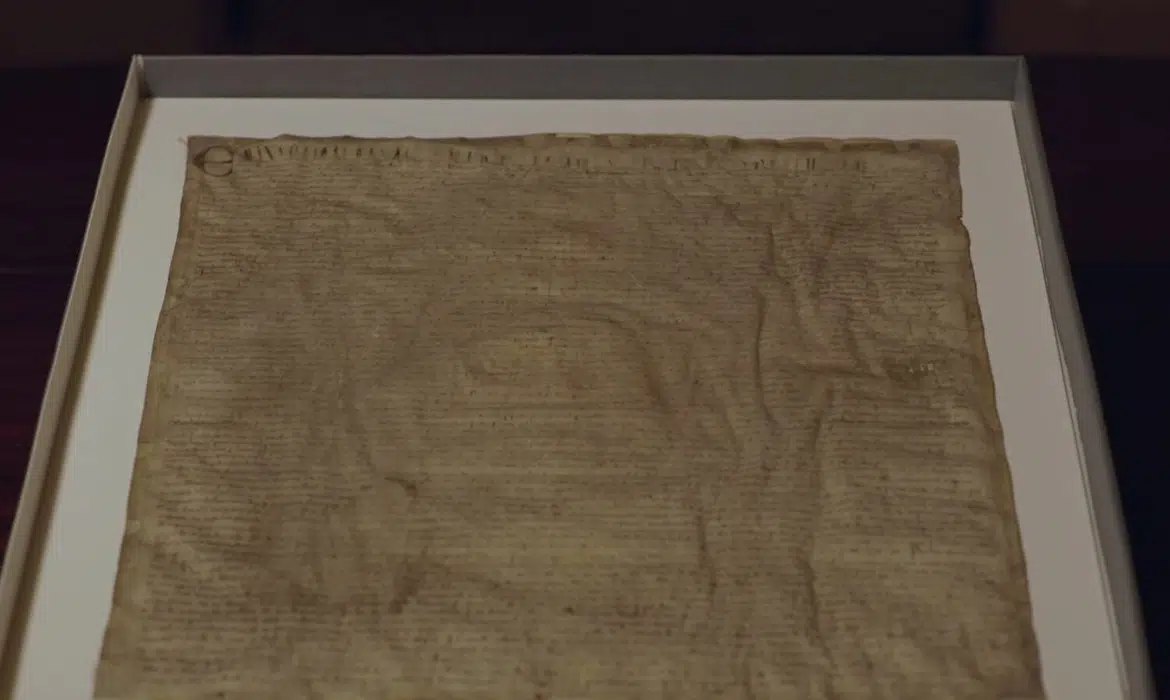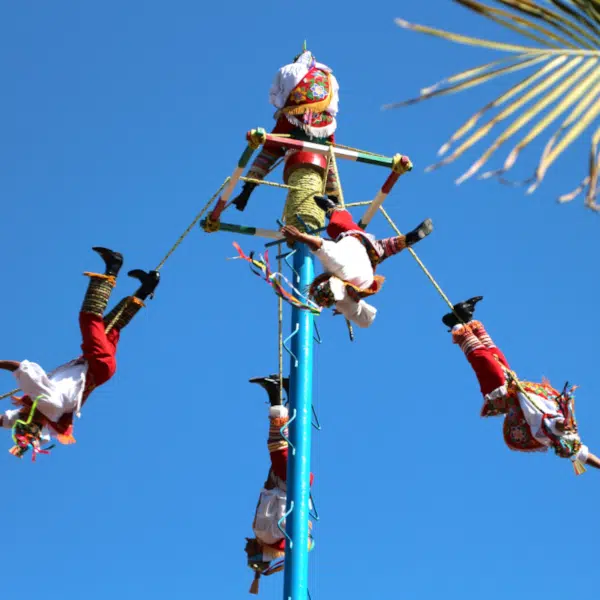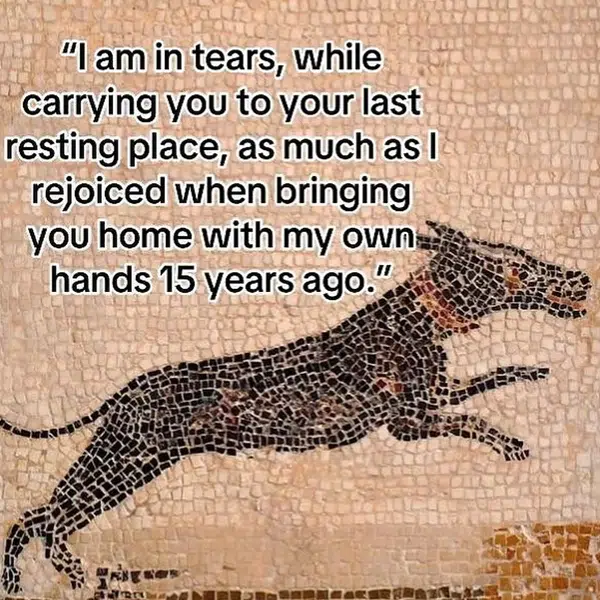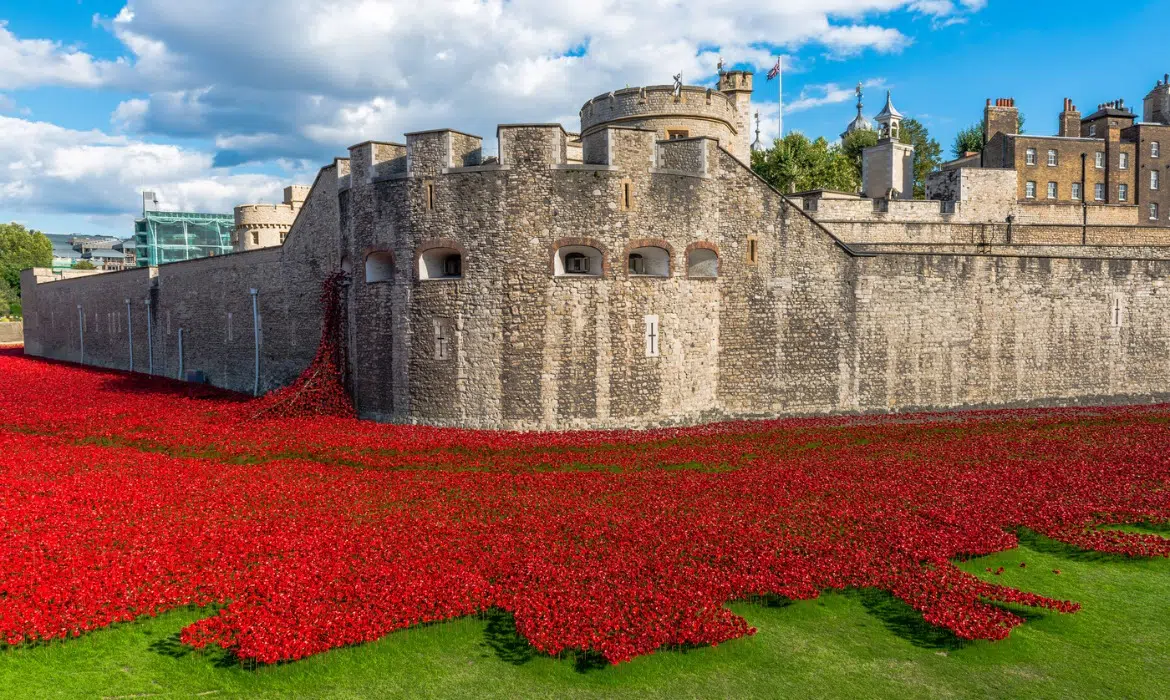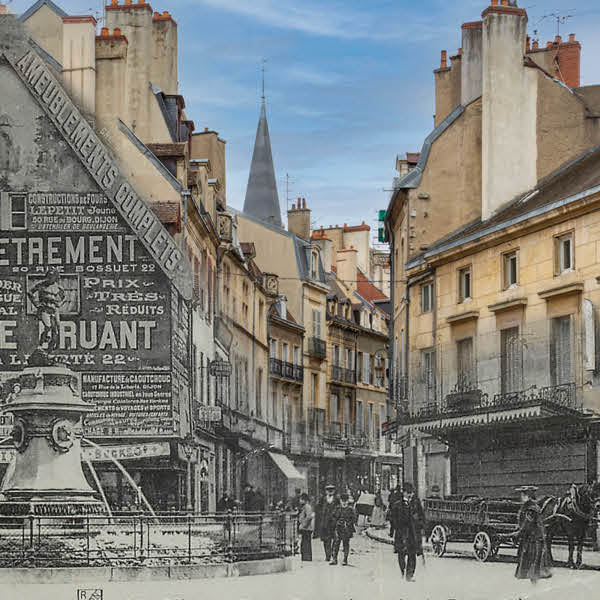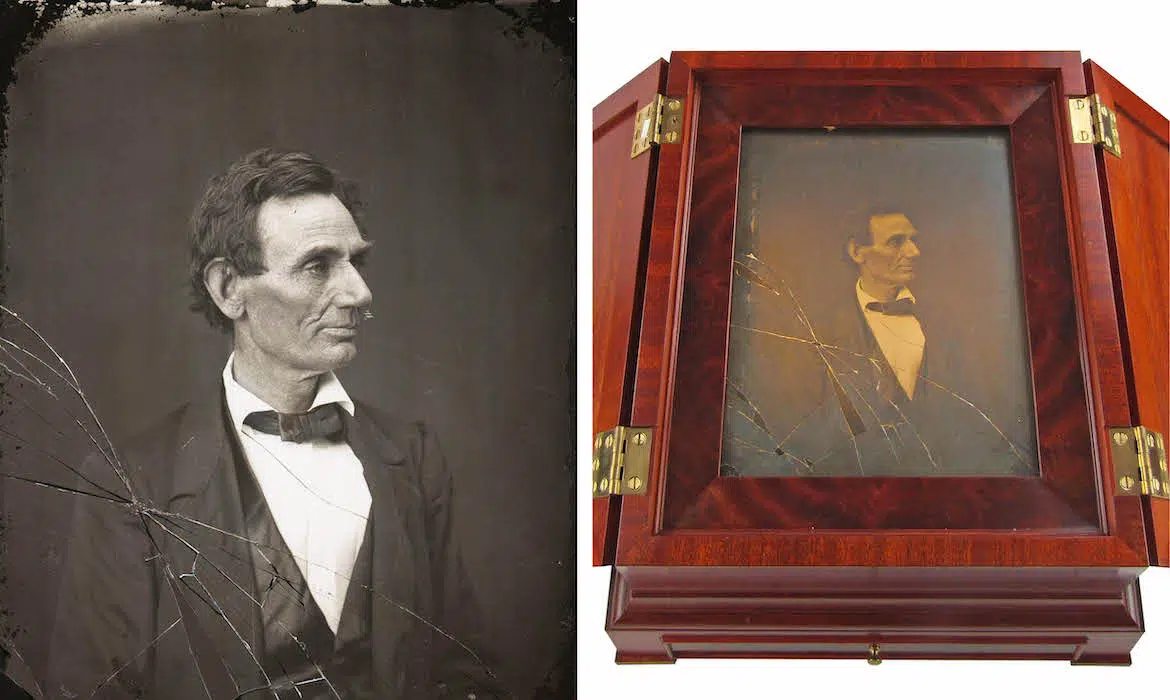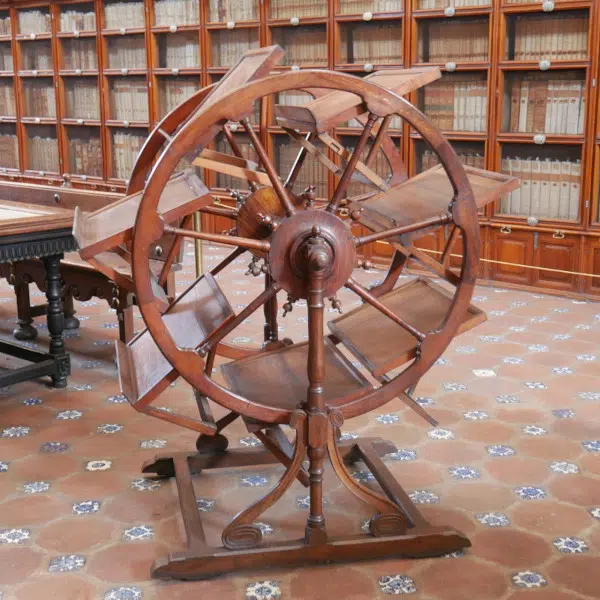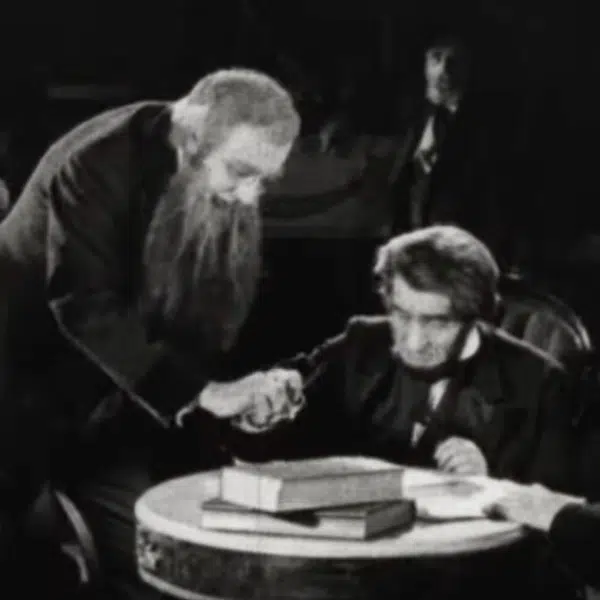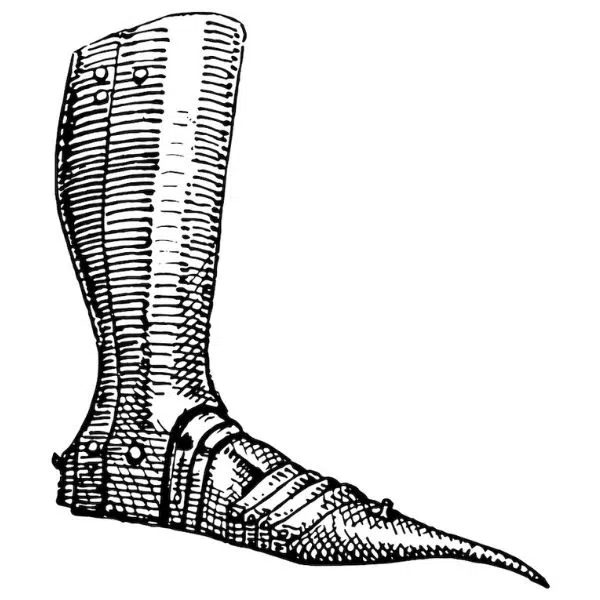Harvard Paid $27 for a Copy of the Magna Carta, Turns Out To Be a Rare Original
In 1946, Harvard Law School scored what it viewed as a great deal when it paid $27.50 for a copy of the Magna Carta. Almost 100 years later, that bargain turned out even better than they imagined, as scholars have just revealed that the “copy” is actually a rare original. This makes it just one of seven created after King Edward I's 1300 declaration. Interestingly, Harvard has its digitization project to thank for the discovery.
